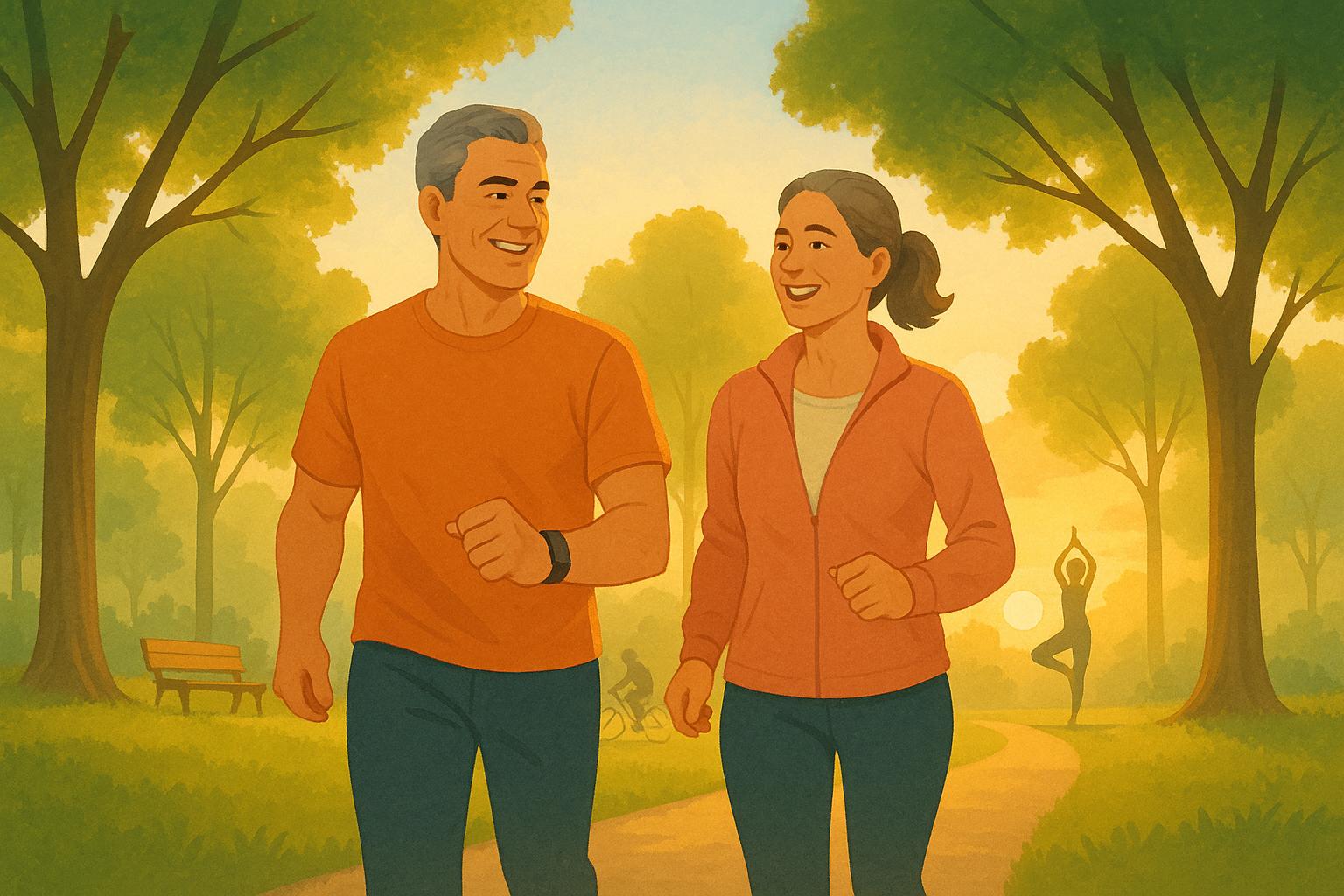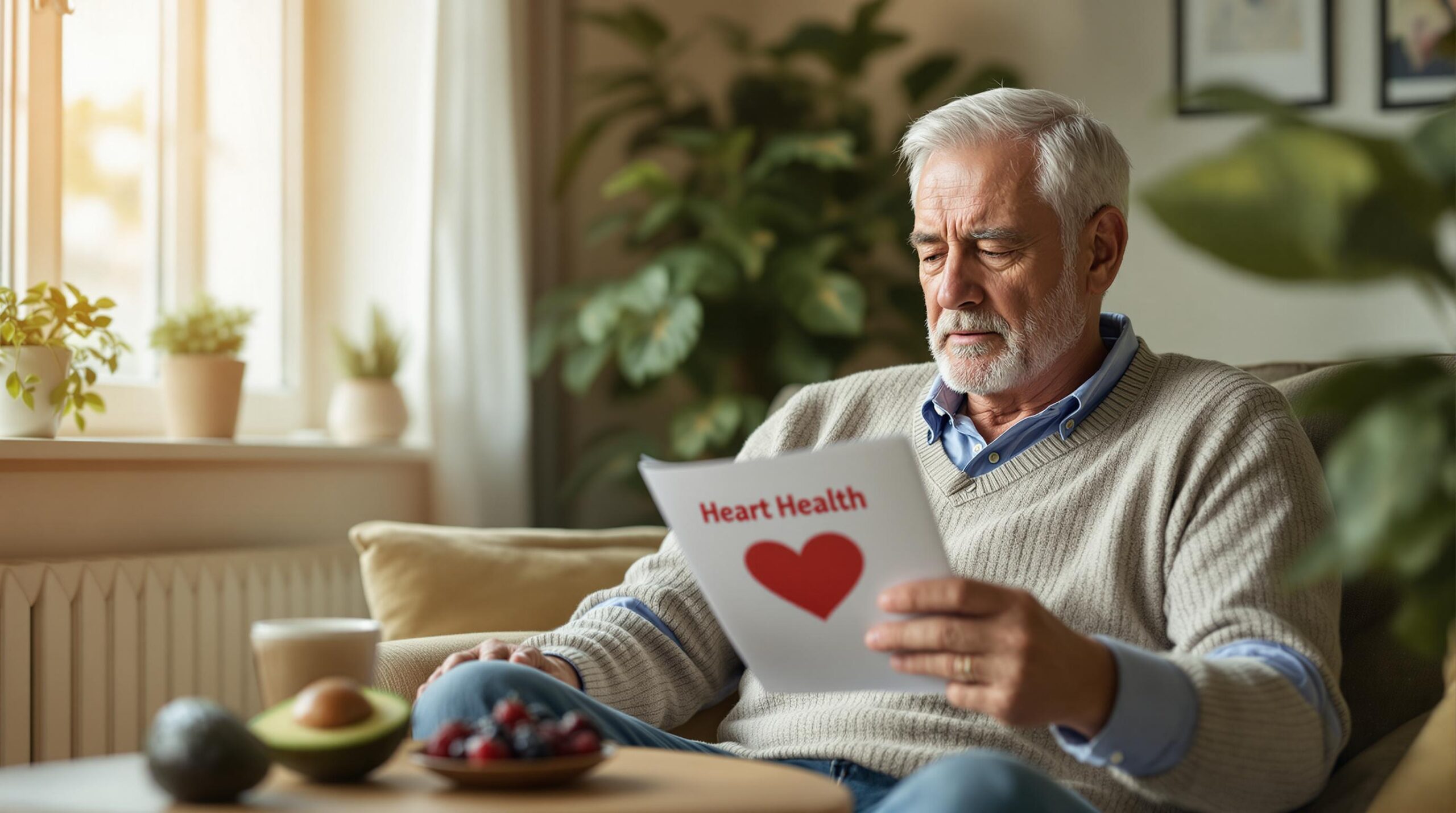Over 30 million Americans are diagnosed with heart disease. It’s also the number one leading cause of death in America. With alarming stats like that, you might wonder how you can tell if you’re experiencing the symptoms of heart disease.
Dr. Rishin Shah and our team at Prime Heart and Vascular diagnose and treat heart disease in our four Texas offices in Frisco, Allen, Plano, and Carrollton. Because heart disease can present with symptoms that don’t necessarily seem linked to your heart (like fatigue), we want to spread awareness about the many serious symptoms of heart disease 一 so that you can get the cardiac care you need.
Symptoms of heart disease
Heart disease refers to several different heart conditions, including coronary artery disease, blood vessel issues, valve issues, and heart arrhythmias. Heart disease symptoms depend on what type of heart disease you have.
Symptoms linked to cardiomyopathy
Initially, you might not notice any symptoms of cardiomyopathy, which are conditions that affect your heart muscle. Symptoms can include
- Fatigue
- Breathlessness (both during activity or even at rest)
- Swelling in your legs, ankles, and feet
- Irregular heartbeats (e.g. rapid, fluttering)
- Dizziness
- Fainting (syncope)
As your muscle grows weaker, you might start to see these symptoms increase.
Symptoms linked to coronary artery disease
Coronary artery disease is caused by a build-up of plaque in your arteries. If you have coronary artery disease, you might notice:
- Chest pain (angina)
- Tightness in your chest
- Shortness of breath
- Nausea (more common in women)
- Fatigue
- Pain in the neck, jaw, throat, upper abdomen, or back
You might also notice symptoms (pain, numbness, or coldness in your limbs) if the blood vessels in those parts of your body are narrowed because of plaque build-ups.
Symptoms linked arrhythmia
Arrhythmias happen if your heart beats irregularly, too quickly, or too slowly. Symptoms associated with irregular heart beats include:
- Fluttering sensations in your chest
- Slow heartbeat (bradycardia)
- Racing, rapid heartbeat (tachycardia)
- Chest pain or discomfort
- Shortness of breath
- Dizziness and lightheadedness
- Fainting
Even though a rapid heartbeat doesn’t cause pain, it can increase your risk of future problems if left untreated. Irregular heartbeats, sometimes called atrial fibrillation or AFib, can lead to blood clots, stroke, and heart failure.
Symptoms linked to valve issues
Valvular heart disease is a type of heart disease that impacts one of the four valves in your heart. Like other forms of heart disease, you might notice fatigue, shortness of breath, chest pain, or syncope. Swollen feet can also be a sign of a valve issue in your heart.
What if you notice these symptoms?
Some people may notice these symptoms (like fatigue and swelling), while others might not notice any symptoms until a more serious event (like a heart attack) happens.
If you think you are having a heart attack, have trouble breathing, or are experiencing a fainting episode, call 9-1-1 immediately.
If you notice other symptoms like fatigue, don’t hesitate to reach us at Prime Heart and Vascular. Heart disease, like many diseases, is easier to treat when detected early. For this reason, Dr. Shah is dedicated to strict screening schedules and monitoring for all patients.
Treating heart disease
Should your evaluation and screenings reveal that you have a form of heart disease, Dr. Shah provides counseling to help you adopt heart-healthy lifestyle changes. Additionally, other treatments may include medication.
If you’re concerned about any of these symptoms of heart disease, schedule an appointment in one of our four convenient locations. You can also contact us online to get started today.





